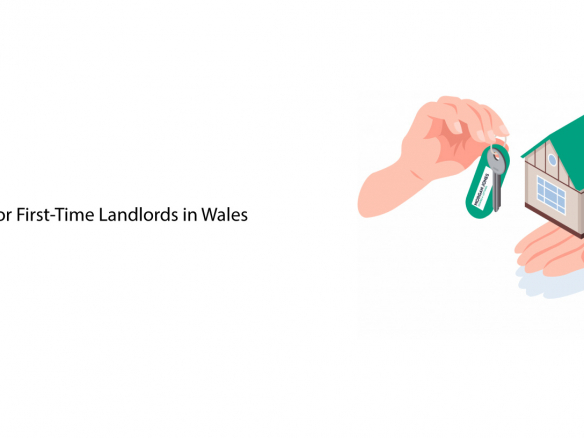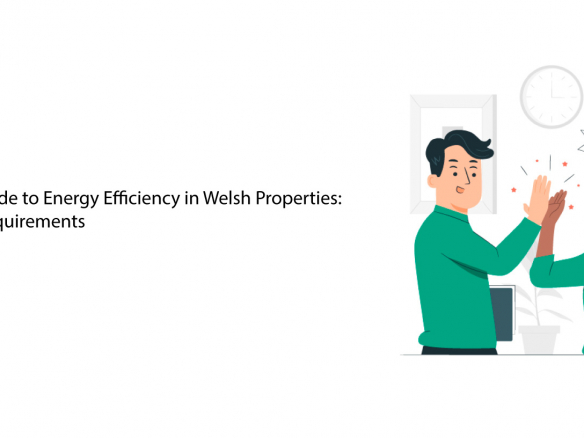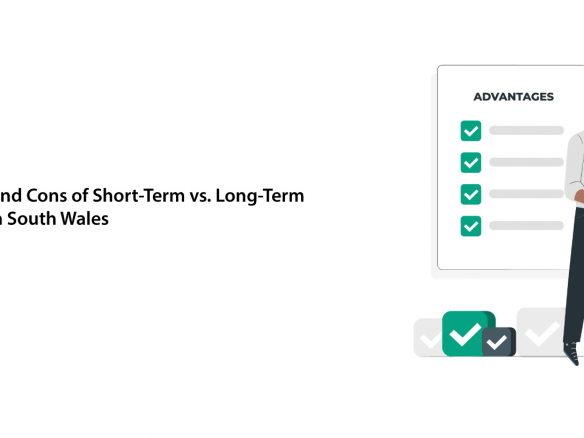The Essential Guide to Obtaining an EPC in Wales: What You Need to Know.
How do I get an EPC in Wales? Are you confused about energy performance certificates (EPCs)? Read our quick guide to find out what they are and how to get one.
Energy Performance Certificates (EPC) in Wales are now a standard requirement for most rental properties: unless your property is exempt (see our recent blog on exemptions) you’ll need to have an ECP of band E or above to be able to legally rent the property – and from 2025 the bar is likely to be raised to band C.
EPC are much like the banded energy performance ratings given to electrical appliances such as fridges – but EPCs apply to buildings. EPC ratings run from A to G, with A being the best and G being the poorest. Raising a property’s EPC rating often requires a significant financial outlay.
How do I get an EPC in Wales?
To get an EPC in Wales you have to arrange for an assessment by an accredited domestic energy assessor to – head here to find one.
The energy assessor will visit the building and calculate its energy performance based on the following factors:
- The type of building (i.e. flat, house or bungalow) and whether it is detached or not
- The age of the building
- The number of habitable rooms (excluding kitchens, bathroom hallways, stairs and landings)
- Extensions and their construction and rooms in the roof
- The dimensions of the building and the number of floors
- The amount and type of glazing (i.e. single or double glazing)
- The material used to build the property (e.g. brick, stone, timber frame, etc.)
- Wall insulation
- Roof construction (e.g. flat, pitched) and insulation
- The number of chimneys and open flues
- The heating systems and the type of fuel used
What does an energy assessment involve?
For existing buildings, the energy assessor must undertake a physical survey of the building to gather the appropriate information. For new buildings, the energy assessor will have accurate plans, specifications and other relevant information and a site visit is not required.
During their visit the assessor will need to access all the rooms, the boiler and the loft (if there is safe access). They may take photographs of items, such as heaters, meters, and any unusual features in the building. They may also photograph any area that cannot be accessed or visually inspected (for example, a fully boarded loft).
A visual inspection may not be possible for all features (for example, cavity wall or under floor insulation) and without supporting information and evidence, such as receipts, the energy assessor will not be able to include that feature in the EPC.
If access to inspect parts of the building is not possible, (for example, safe access to the loft to determine if it has been insulated), an assumption will be made about those features based on the age of the building.
Stay tuned for our next blog on EPCs and how you can make sure you get it right.
At Morgan Jones we’re experts on all the ins and outs of letting properties, Get in touch today to find out how we can help you.
This article contains public sector information licensed under the Open Government Licence v3.0.








Join The Discussion